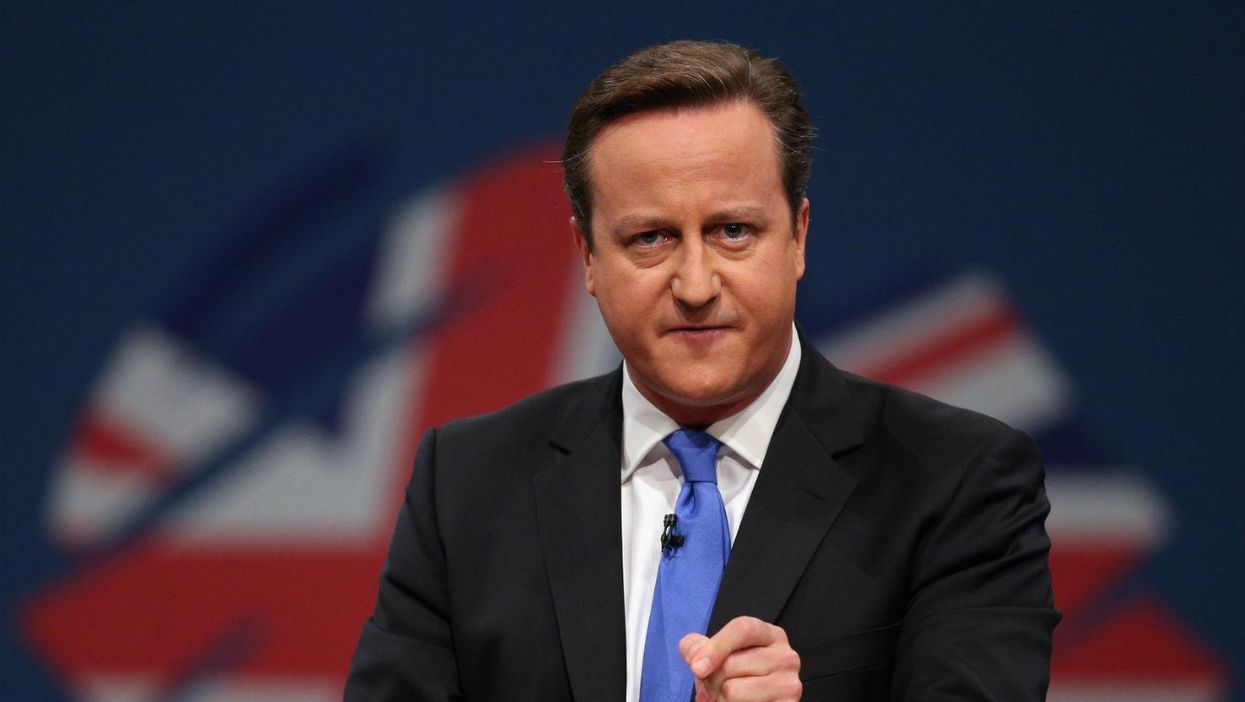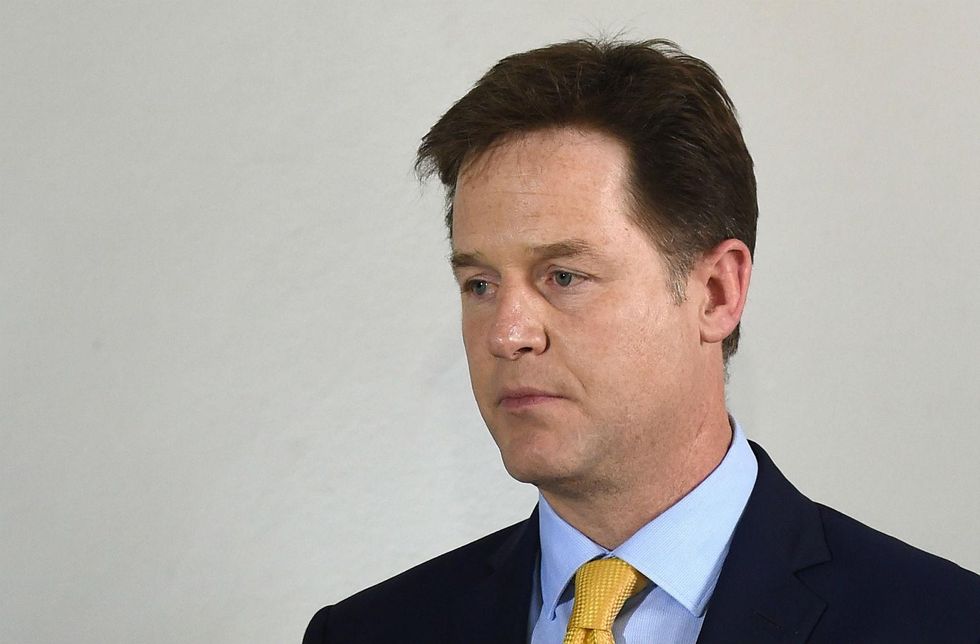News

The UK has a majority Conservative government for the first time in 20 years, and David Cameron is expected to take advantage of being freed from the 'shackles' of the Liberal Democrats in coalition to push through a radical Tory agenda to consolidate support among his backbenchers.
The Lib Dems were almost wiped out in the election, with Nick Clegg standing down as leader after his party lost all but eight of the 57 seats they won in 2010.
Voters might be wishing the Lib Dems were still around, however, now that the Tories are free to pass the following...
Snooper's charter
Consistently blocked by the Lib Dems in the coalition, Cameron is expected to push through greater powers for the police to monitor internet and phone communications. Only the libertarian wing of the Tory party could prevent it becoming law.
Human Rights Act
Cameron is expected to make good on a 2010 manifesto pledge to scrap the Human Rights Act, maybe even within the first 100 days of the new government. This was a non-starter in the coalition due to the opposition of Lib Dems MPs.
Climate change
Two departments previously run by the Lib Dems, the Department for Business, and Department of Energy and Climate Change, are expected to bear the brunt of departmental spending cuts. Now that the Lib Dems are out, subsidies for offshore wind farms and other green energy supplies are likely to be slashed.
BBC
With the BBC's royal charter to be reviewed by the end of 2016, the best the Beeb can hope for now is a licence fee freeze. But many Tories, and some influential media backers, will push the government to go much further - possibly introducing subscription based services.
Employment regulations
The Lib Dems stopped the Tories from reducing the employment rights of workers, but now the government is set to slash business regulation, merge regulators and cut costs.
Boundary review
The Lib Dems blocked Tory plans to reduce the number of the seats in the Commons from 650 to 600 - reportedly as an act of revenge for the failed AV referendum - but this will now be pushed through as a priority, making it even more difficult for Labour to get back into power in 2020.
Europe
A referendum on Britain's EU membership is now certain to happen in 2017, and the Tories are expected to enshrine the referendum in law as soon as possible.
One silver lining for people who voted for progressive parties is that although the Tories are governing alone, Cameron's majority is wafer-thin. Whereas before he had the help of Lib Dem MPs and a majority of 76, he now just has 10, and very rebellious backbenches to whip.
But overall, oh, Nick.
More: [The saddest pictures from the 2015 general election]2
More: [Here's how the election results would look under a proportional voting system]3
Top 100
The Conversation (0)














